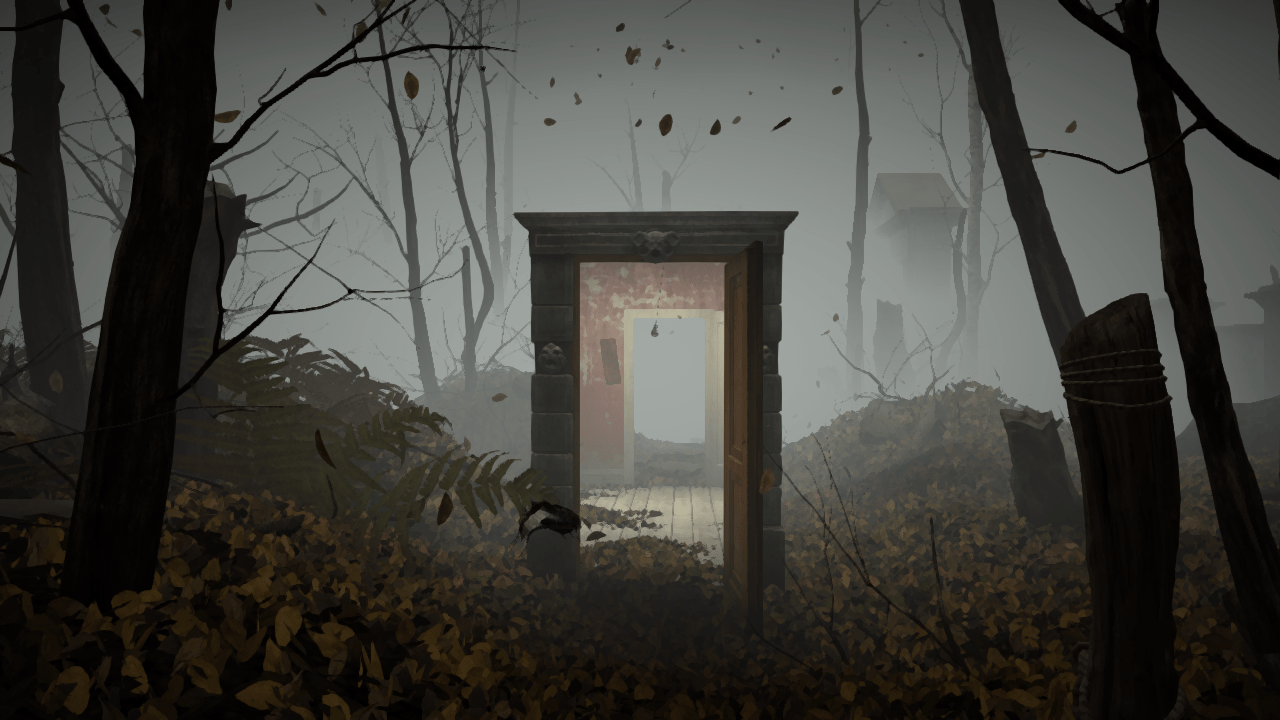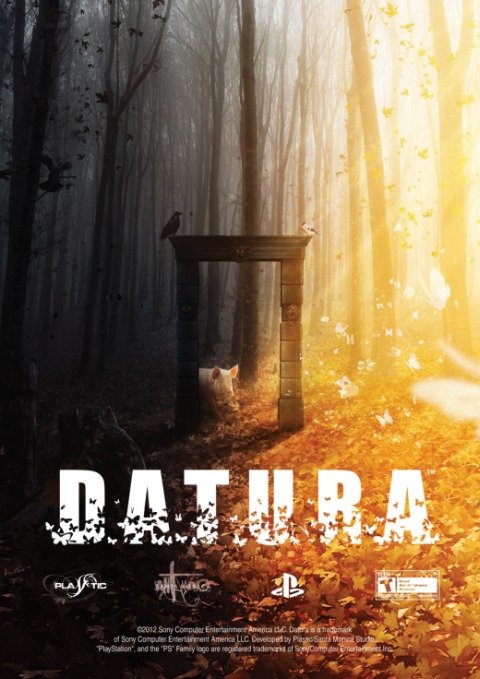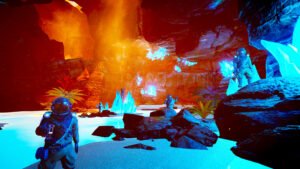Downloadable LSD
The Datura is a flower native to California, revered by the native tribes of the area as a tool for communicating with the gods. Like Peyote, it was used a psychotropic drug to induce a trance-like, hallucinogenic state for spiritual questing. Now Plastic, the Polish demo group responsible for the 2008 PSN “game” Linger in Shadows has taken the plant and its symbolism, and used it as the dominant element of their first person, Move-based adventure game. Like Journey, this is a bold experiment. Unlike Journey, this one doesn’t succeed.
Novelty At The Cost Of Accessibility
In many ways, one of the first things that Datura invokes in older gamers is the sensibility of Myst. Like Myst, this is in first person, primarily centered around solving puzzles. It’s got an empty, surreal landscape in which many things are hinted at, but nothing is explained. It’s also got that “adventure game logic” so prevalent in Myst where the solutions to puzzles often make little sense outside the context of the game itself. Then again, that goes for the entirety of the game.
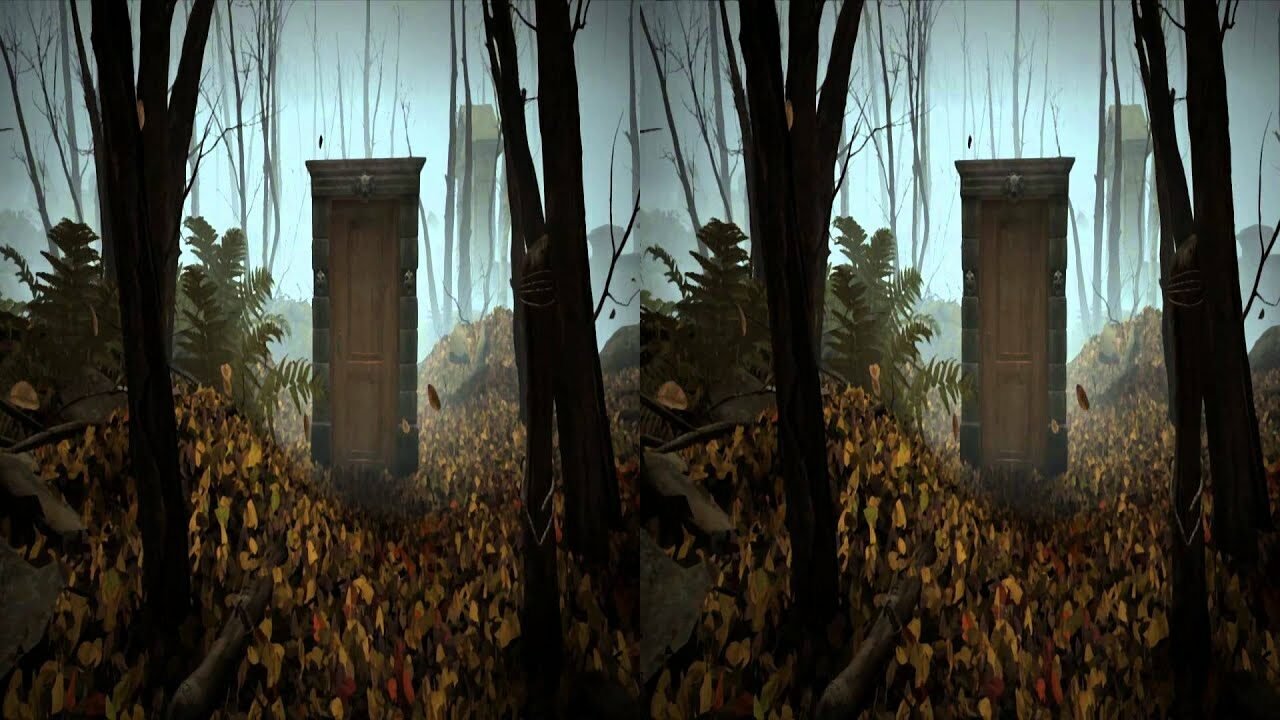
The story, what little of it can be gleaned from scraps, begins with the player strapped to a gurney, in an ambulance. Players quickly realize their avatar in this game is the disembodied hand that is still—somehow—floating near the rest of your body and acting as a part of it. Pulling off the sensors attached to you via EKG machine sets the game in motion, dropping players in a forest from which death-related puzzles—and experiences—occur, all leading to an obtuse ending worthy of any art film that appeals to maybe 8% of the general audience.
There are a few significant problems with this game. Graphically, the game mostly holds up, not a surprise, considering Linger in Shadows by the same team was a demonstration of the PS3’s graphical capabilities. There’s a little screen tear here and there, and the game chugs noticeably when you put undue strain on the licensed PhysX engine—it really doesn’t like calculating your interactions with water—but it mostly holds up. The art direction is probably the most effective thing here, with moody color choices and that uniquely European sensibility to environmental design that adds atmospheric elements in the most unlikely places. Also, the Plastic obsession with animals carries over intact, with the inexplicable presence of a pig. Sound is quite good, with a rich, melodic score, and decent audio effects that carry the impact they need to.
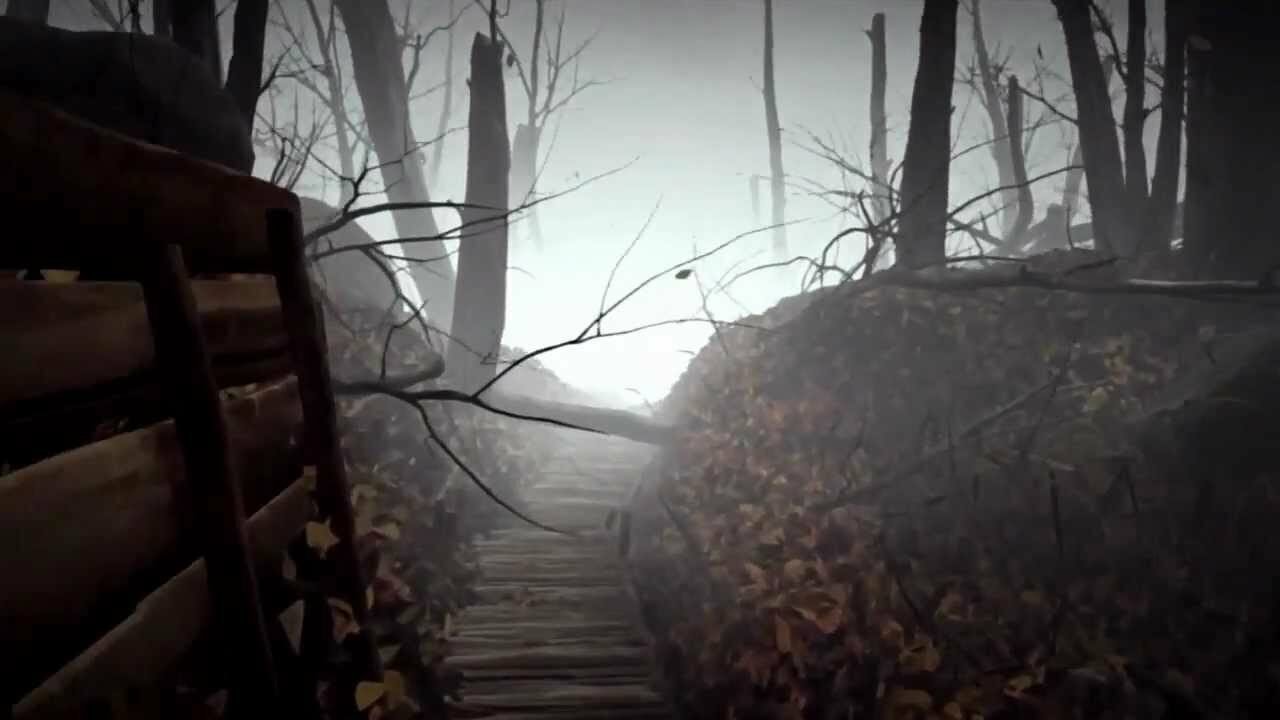
Where the game starts creaking, groaning and very nearly flying apart is in the controls. The game can be played with both a regular Dualshock and the Move system, although in some ways, the Move configuration is the easier—though no less irritating—of the two methods. Players move about in first person, encounter puzzles, and fumble about with either the analog stick or the Move peripheral to turn cranks, open doors, even shoot things. Often the contortions required to pull these moves off—even when explained—are difficult to decipher. I myself switched back and forth between both controls using whichever one seemed easier at the time. One puzzle in particular, which involved prying off boards blocking a door, was nearly impossible to do with a Dualshock, and after ten minutes of failure despite following the prompts, I went back to the Move peripheral and did it in seconds. Movement on the other hand is a slow paced affair that is better served by the Dualshock than the Move system. At every turn, the single greatest challenge players will encounter will not be the puzzles, though the logic for some is questionable at best, but the controls. When the hardest thing about your game is just playing it, there’s a serious problem.
Getting away from the control issues, the other big letdown of this otherwise brave experiment is a complete lack of pacing. Journey is a master-class in how to create an experience that is digested in one sitting, with a mysterious beginning, an exhilarating middle and a mystical end. Datura aspires to this, with the developers themselves admitting they’d like players to finish it in one sitting, but lacks the structure and natural narrative arc that Journey effortlessly carried, in no small part because of its theme. Datura is about death. I’m not precisely sure how it’s about death, since it seems to ascribe to the Dali-esque school of surrealism. This means a lot of seemingly random events and images, loosely strung together and occasionally punctuated by surprising moments of violence, almost an interactive version of Un Chien Andalou, but with bad controls and a much longer run-time. If Plastic is trying to explore, interactively, the idea of death, how we encounter it, how we deal with it, and what the karmic consequences are later, they’ve done it in poorly structured, oblique manner that fails to get the point across.
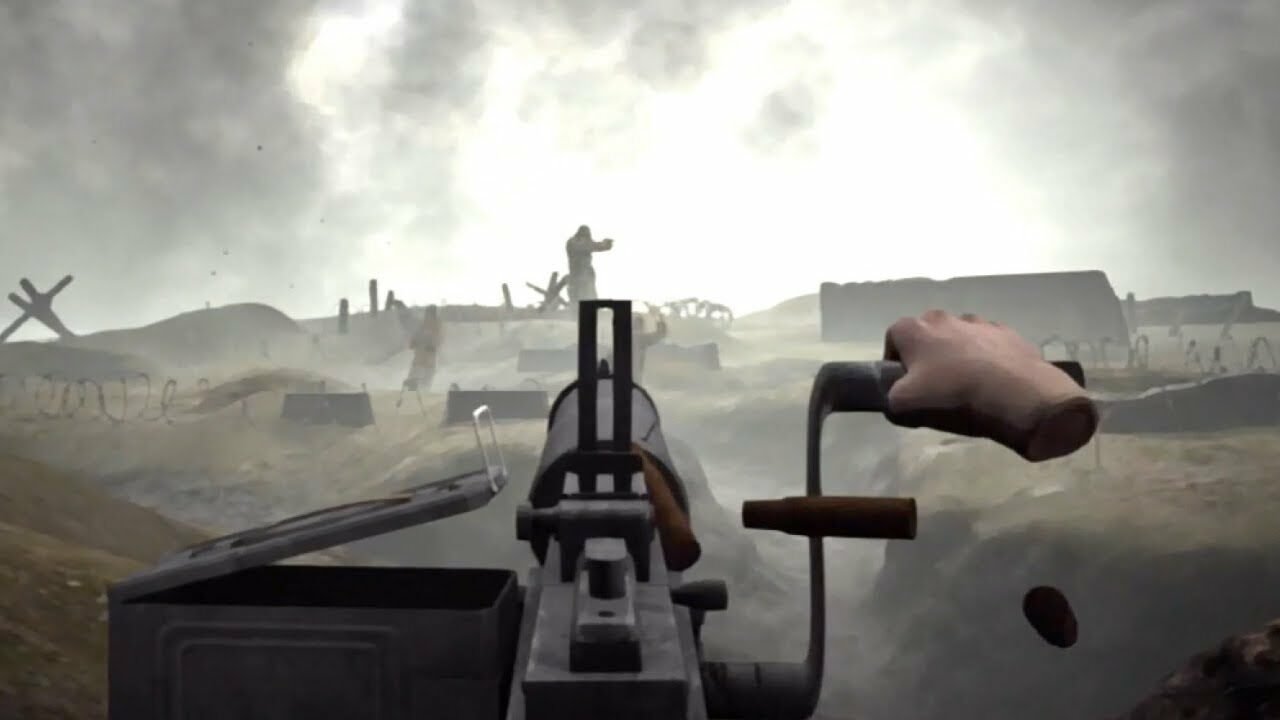
The game is $9.00 on the Playstation Network, and I would say that it’s for the curious, with a few extra dollars to spend and a couple of hours to kill. A great deal of patience, and a tolerance for broken mechanics, is also required. But for those willing to take the plunge, there’s a game here—or sorts—with some genuinely interesting moments, it just plays so poorly, with so little structure, that it’s hard to make those moments mean something more significant.
